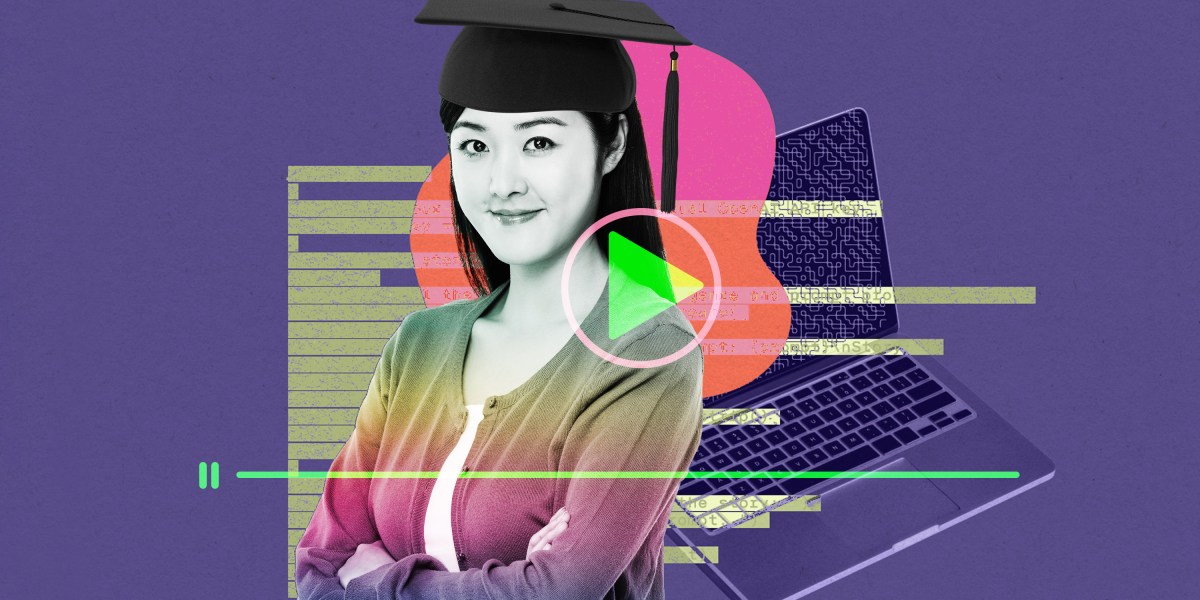
But the platforms they thrived on have started to turn against them. Just a few weeks ago, WeChat and Douyin began suspending, removing, or restricting their accounts. While influencers on these platforms have been turning people’s anxiety into traffic and profits for a long time, the latest actions show how Chinese social platforms are trying to contain the damage before it goes too far.
The backlash started last month, as students angrily complained on social media about the superficiality of the courses, saying that they fell far short of the educational promises made about them.
“I paid 198 RMB ($27.50), and the first three courses were void of actual content. It’s all about urging people to keep paying 1980 RMB for the next course,” Bessie, a Chinese user of the social media site Xiaohongshu, posted about her experience. The courses were created by Li Yizhou, a serial entrepreneur turned startup mentor who, despite having no background in AI, pivoted to posting about explaining AI and drumming up anxiety after the release of ChatGPT in November 2022.
Li sold his entry-level course package for $27.50, and an advanced one for 10 times that price. The cheaper offering contained 40 lesson videos, most of which were around 10 minutes long. Li’s course consisted of tutorials of specific generative AI tools, talks with Chinese AI company executives, and introductions to unrelated topics like how to manage your time more effectively.
His lessons were a huge commercial success. According to the social media data analysis site Feigua, they were sold over 250,000 times last year, which could have brought in over $6 million in revenue.
Li is not the only influencer who, despite having no background in AI, saw a business opportunity to calm people’s AI anxieties with quick fixes. There’s also “Teacher He,” an influencer with over 7 million followers who until recently mostly talked about marketing and personal finance, and Zhang Shitong, also followed by millions, whose usual videos mix basic economics with sensational conspiracies like 9/11 denialism. These creators also offered beginner AI lessons at a similar price to Li’s.
In addition to quality complaints, buyers reported that it was hard to get a refund when they changed their mind. Bessie tells MIT Technology Review that she got a refund since she applied early, but others who applied for a refund more than a week after the purchase were denied. A Beijing-based AI community website has also accused Li of appropriating their free user-contributed templates and selling them for profit as part of his course offering.
By late February, the platforms that hosted these video lessons began to heed the complaints. All of the classes by Li and other AI gurus have been removed from Chinese social media and e-commerce websites. Li hasn’t posted on any of his social media channels since he was suspended in late February. Other creators like “Teacher He” and Zhang Shitong have also been silent.
